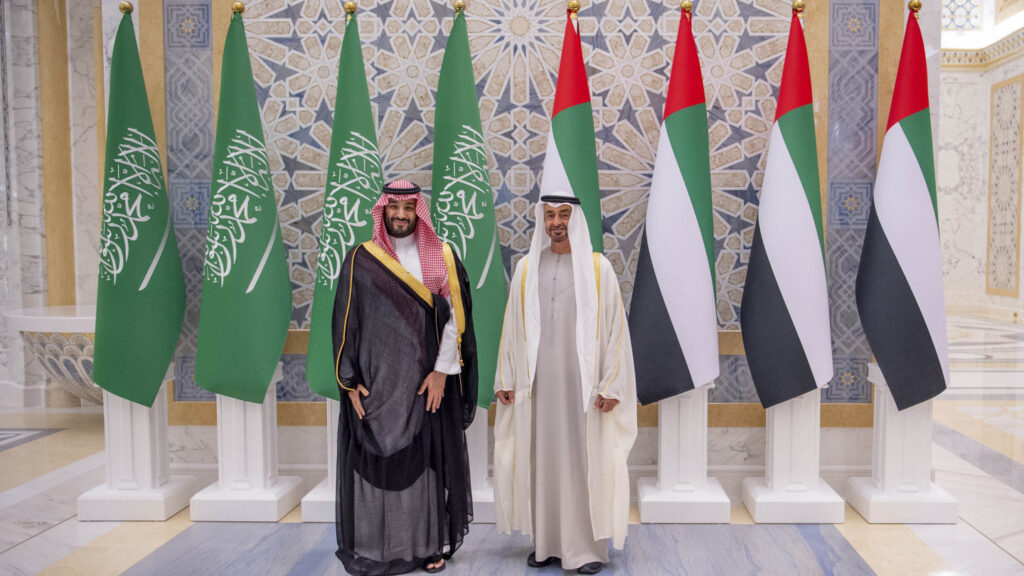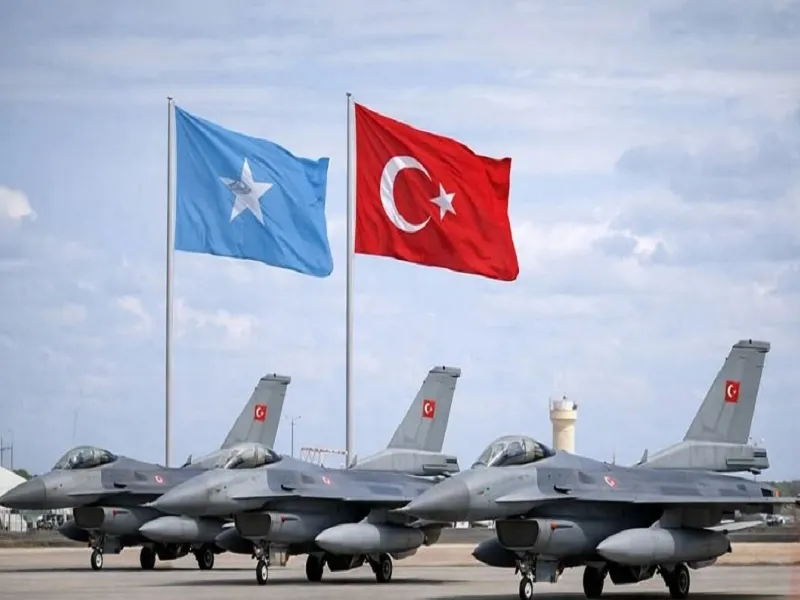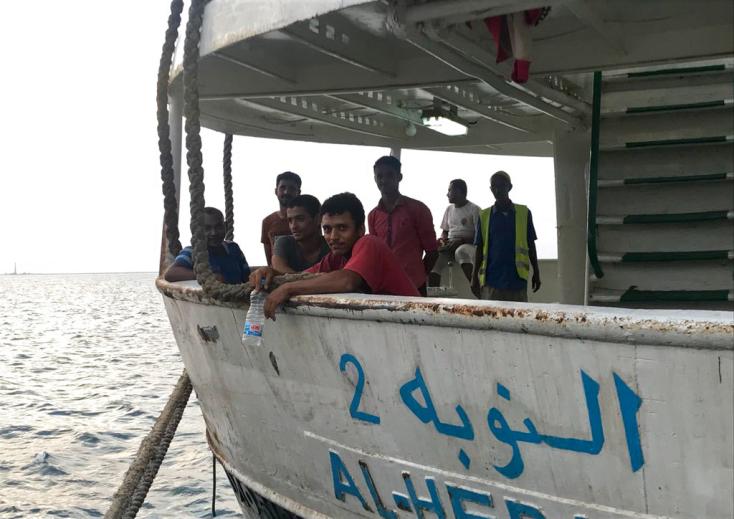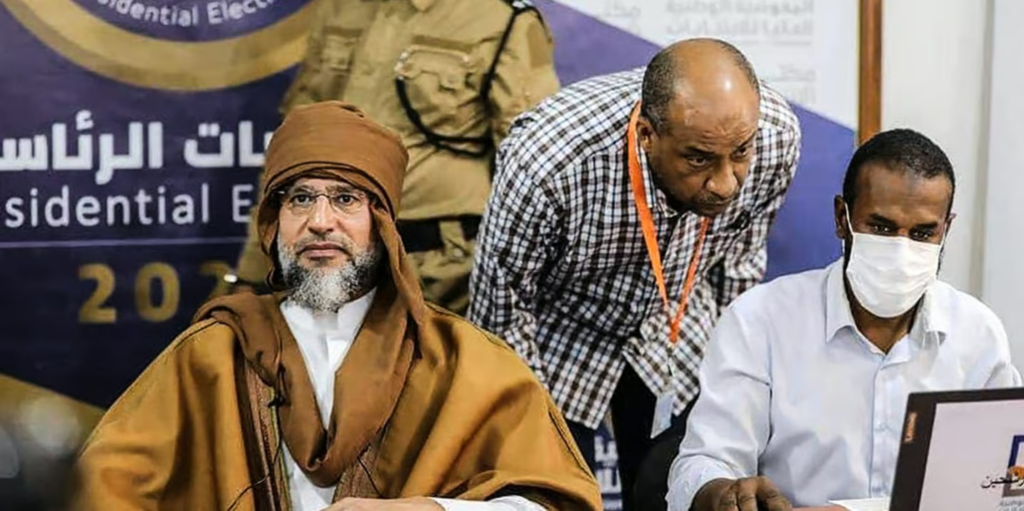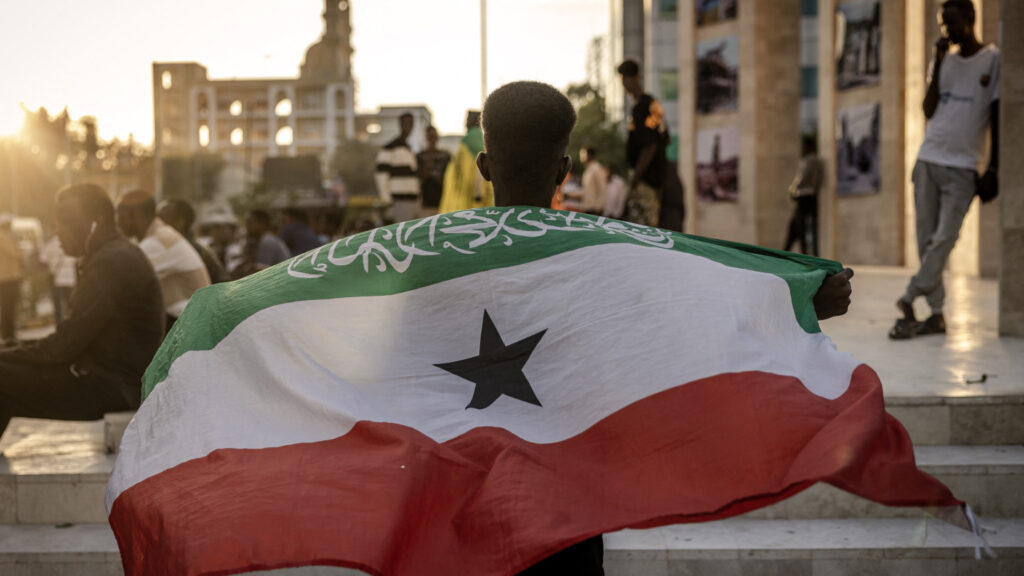Ethiopia Prepares for War: Africa File Special Edition
Key Takeaway: The Ethiopian federal government will likely launch an offensive against the Tigray People’s Liberation Front (TPLF) within the next month to neutralize the TPLF and its role in an emerging, loose anti-Ethiopian federal government coalition consisting of Eritrea, the TPLF, and other Amhara and Oromo ethno-nationalist militias. A conflict in Tigray would likely increase ongoing proxy competition between the Ethiopian federal government and the Sudanese Armed Forces (SAF) and heighten the risk of a broader Ethiopia-Eritrea conflict, which would likely draw in Egypt, the United Arab Emirates, Israel, and potentially Saudi Arabia.


